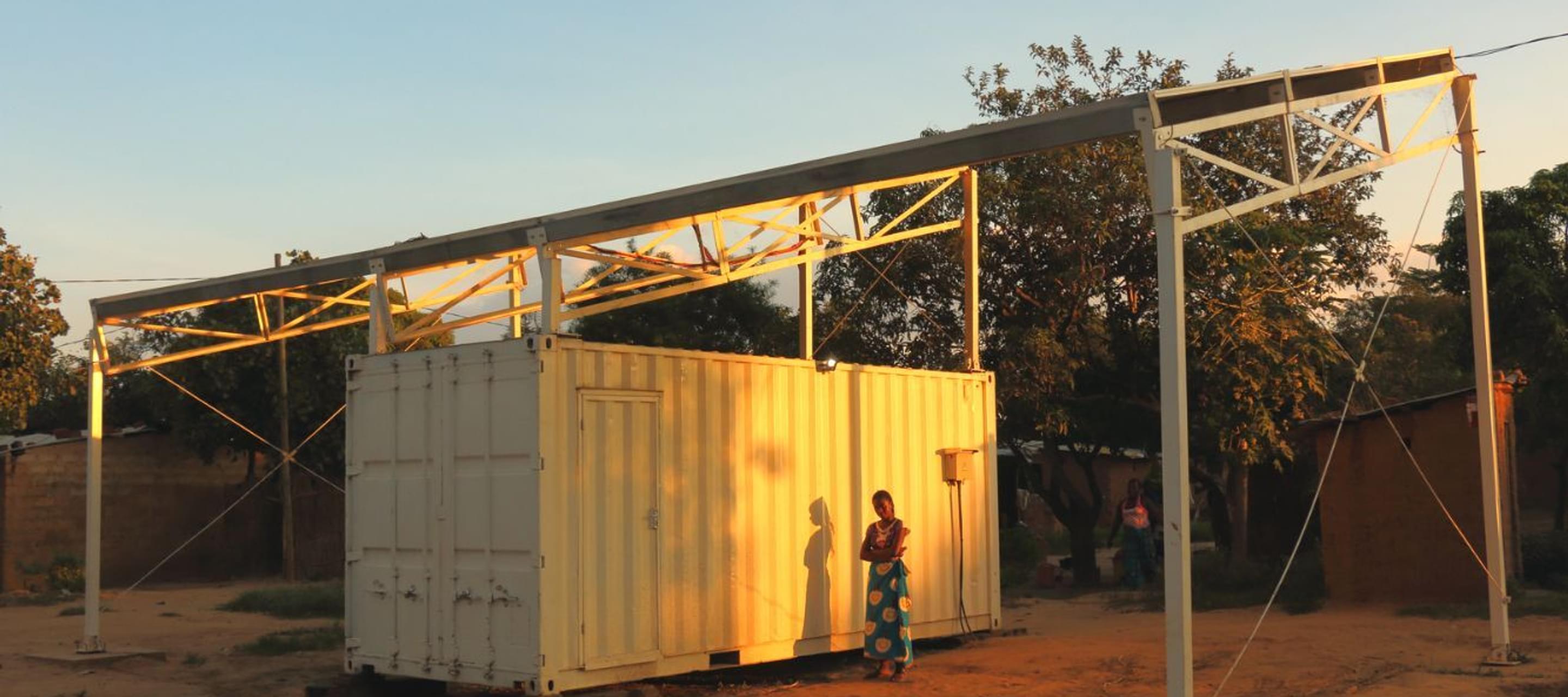New report highlights roles of government, business and investors in addressing climate impacts on housing rights
22 March 2023

The UN Rapporteur on the Right to Housing has shared a new report about the impact of climate change on housing rights. IHRB's Annabel Short explains what business and investors should know, including the report's recommendations.
The report sets out the multiple ways that climate change impacts the right to housing. In addition to recommendations for governments, the report outlines what can be done by companies involved in the financing, development, design and construction of housing.
“In the light of the climate crisis, the core elements of the right [to housing] – security of tenure, availability of services, affordability, habitability, accessibility, appropriate location and cultural adequacy – acquire a new meaning.” – UN Rapporteur on the Right to Housing, Balakrishnan Rajagopa.
The report recommends that sustainability of housing should become an additional core element of the right to housing, to help fulfil people’s right to a clean, healthy and sustainable environment.
According to the report, increased frequency and severity of extreme weather events are experienced disproportionately by those who have contributed the least to climate change. It also highlights how housing itself is a major contributor to climate change, through construction material supply chains and through energy use for heating, cooling and lighting.
IHRB’s Research Fellow Annabel Short has been leading our work to feed into the report.
“The Rapporteur’s new report sets out clearly the ways that climate change and the right to housing are inextricably linked. In addition to the measures that national and local governments must take to realise the right to housing in the context of the climate crisis, it brings welcome clarity to responsibility and accountability measures for private sector actors.”
The role of the private sector
The report highlights the ways the private sector can contribute towards rights-based transition, and it outlines some of the risks, such as:
- Climate resilience, carbon offset and disaster re-building projects that displace communities from their homes, sometimes forcibly
- The risks of energy efficiency and other retrofit efforts being used for “renovictions” or pushing increased housing costs onto low-income tenants. The report recommends that measures should be taken to prevent this, through “rent caps, tenant protections, requiring a proportion of genuinely affordable housing in mixed-use developments, and the tying of retrofit loans to future energy savings”
- Limited insurance coverage, with coverage in most developing and emerging economies at below 10 per cent, as well as insurers increasing premiums and refusing to insure certain at-risk properties
- The report also calls on the international community to establish the historical responsibilities of States and real estate finance in regards to their contributions to the climate crisis through overbuilding, and ensure they participate in any redress and compensation mechanism proportional to their impact.
Recommendations for a rights-based transition
The report makes a number of recommendations. It draws on input from IHRB, including the consultation we facilitated for the Rapporteur with private actors involved in the financing, design and building of housing, as well as a formal submission, and previous reports and recommendations. These include:
- Dignity by Design: Human Rights and the Built Environment Lifecycle
- Better Building(s): Financing inclusive decarbonization
The report’s recommendations for state and non-state actors to drive a rights-based transition include:
- “States should adopt legislation to prevent climate harms and violations of the right to housing by corporations or investors that are domiciled in their territory or jurisdiction, irrespective of whether the harm is caused within their jurisdiction or abroad. The Guiding Principles on Business and Human Rights provide that businesses have human rights due diligence obligations (principle 17) and that individuals and communities should have access to appropriate and effective remedies (principle 25).”
- “Business and non-State actors should conduct human rights due diligence and remedy human rights violations for which they are responsible. Specifically, this requires:
a) Businesses to incorporate the right to adequate housing in corporate, social and governance policies;
b) Architecture and design firms to design with the objective of transitioning to climate-resilient and carbon-neutral housing in mind and to innovate in sustainable materials and processes, paying specific attention to the needs of marginalized groups;
c) Construction and engineering companies to consider climate impacts when sourcing materials and consider utilizing low-carbon construction processes and methods;
d) Investors and developers to shift investment away from short-term profit-maximization that promotes overbuilding and to proactively support climate-resilient, carbon-neutral housing;
e) Owners and managers of buildings to seek to reduce the operational carbon emissions from buildings.”
Explore further:
- “Building for Today and the Future: Advancing a Just Transition in the Built Environment” (action-research in eight cities, combined with international-level advocacy)
- IHRB’s Framework for Dignity in the Built Environment, “Housing” section
- Materials from IHRB’s built environment programme



